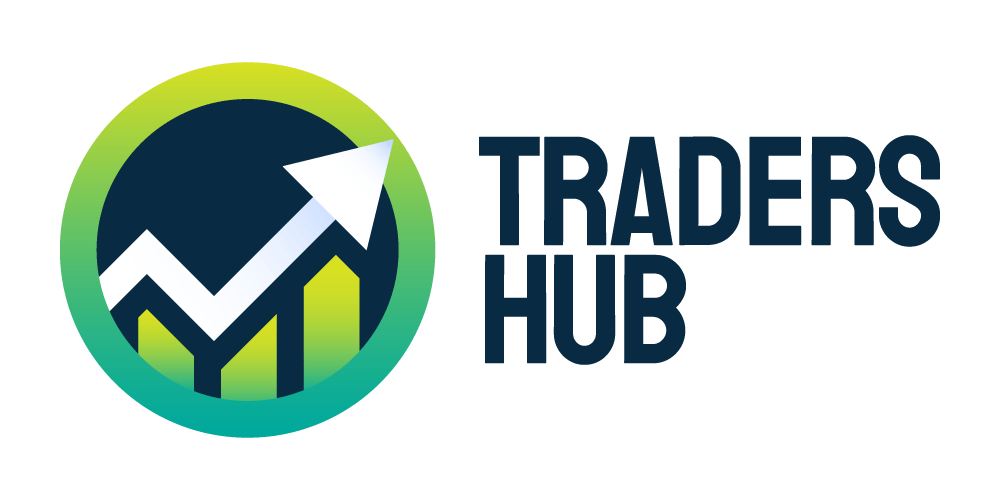The Forex market offers a wide variety of trading options as the biggest financial market in the world with a daily transaction of over $6 trillion. However, these chances can only be taken advantage of with the help of a crucial middleman—a Forex broker. In-depth discussion of the significance of a forex broker and their crucial function in trading is provided in this article.
Understanding the Role of a Forex Broker
The interbank market and private traders are connected by forex brokers. A network of banks that exchange currencies is known as the interbank market. Most individual traders lack the funds necessary to engage in meaningful trading at this level. As a result, Forex brokers pool a sizable number of client transactions and trade with the interbank market at predetermined pricing.
Access to Trading Platforms and Tools
Access to a variety of trading platforms and tools is one of the main benefits of utilizing a Forex broker. These platforms give traders the ability to carry out trades, manage their accounts, and do market analysis. They frequently provide news updates, charting tools, real-time price feeds, and even assistance for trading systems. Brokers frequently provide free demo accounts, enabling traders to test their methods in a safe setting before putting their money at risk.
Regulation and Security
Financial authorities frequently regulate forex brokers to ensure they uphold particular standards of conduct. This oversight shields traders from dishonest tactics and adds an additional layer of security to their money. Additionally, as an additional layer of security, regulated brokers are required to keep customer cash separate from the business’s operating funds.












